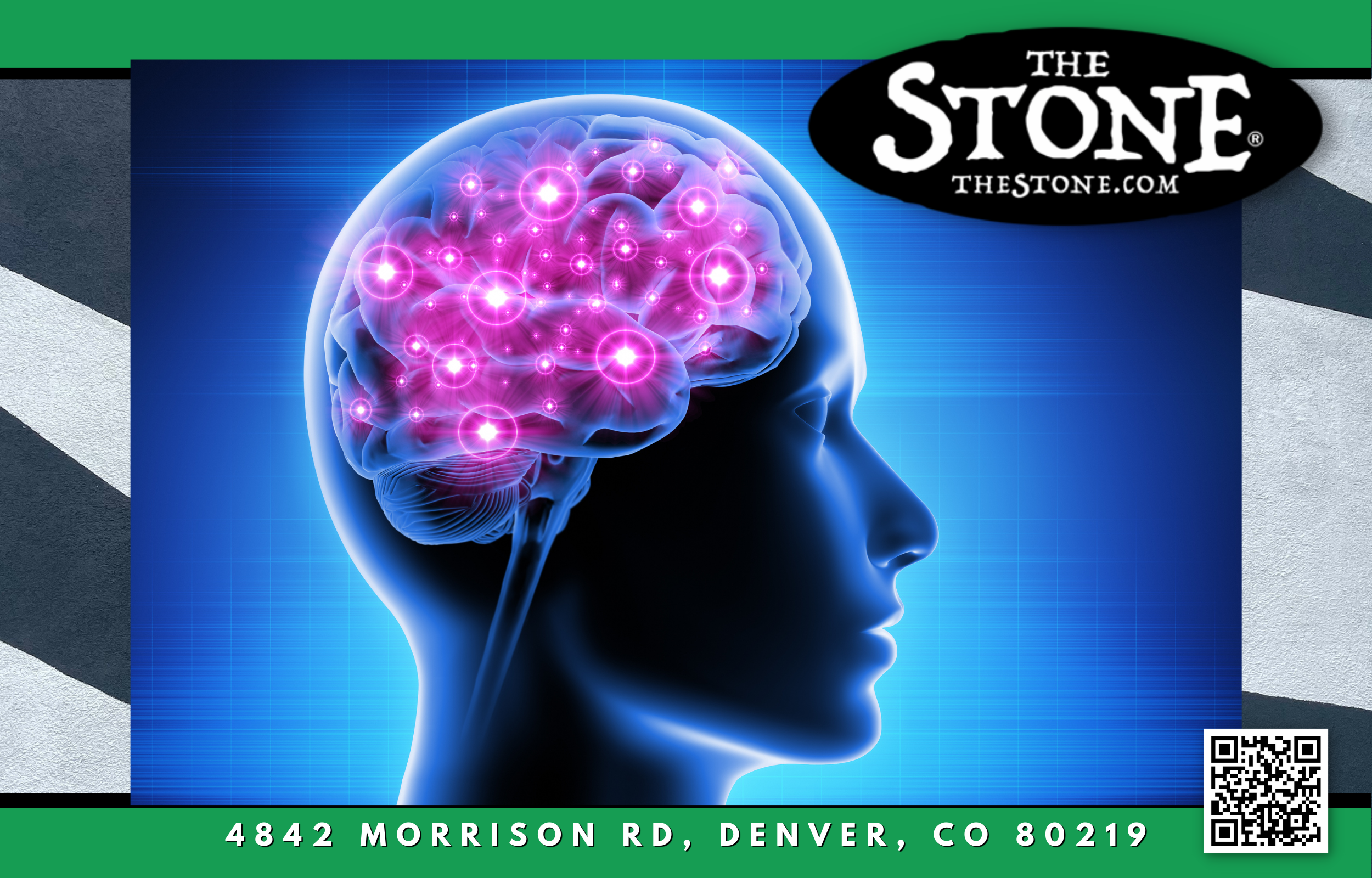
This website is for users aged 21 and over. Please confirm your age.

What are Cannabinoid receptors, and what do they do? It’s no secret that smoking cigarettes are bad for your health. Countless studies have shown the harmful effects of smoking on the human body, and the risks are well-known. However, many people are now turning to vaping to quit smoking, and there is debate about whether this is a good idea.
Cannabinoid receptors are found in the brain and throughout the nervous system. They’re part of the endocannabinoid system, which helps regulate various functions, including mood, memory, appetite, and pain sensation.
There are two main types of cannabinoids: THC and CBD. THC is the psychoactive compound that gets people high, while CBD is non-psychoactive and does not produce any intoxicating effects. THC and CBD interact with cannabinoid receptors in the brain but have different products.
THC binds to the CB1 receptor, which is responsible for the psychoactive effects of marijuana. On the other hand, CBD attaches to the CB2 receptor, which is responsible for its medicinal properties.
When you smoke tobacco, you are inhaling thousands of chemicals and nicotine. These chemicals include tar, carbon monoxide, and a variety of other toxins that can damage your health.
When you vape, you only inhale the e-liquid, which contains fewer harmful chemicals. Many of the chemicals found in e-liquid are beneficial to your health!
One of the most important things to remember about smoking vs. vaping is that not all e-liquids are equal. Some e-liquids contain higher nicotine levels than others, and some contain no nicotine.
Finding an e-liquid with the right amount of nicotine is essential. If you’re unsure how much nicotine you need, start with a low-level e-liquid and gradually increase the nicotine content until you find a level that suits your needs.
CBD is a non-psychoactive compound found in cannabis that has been shown to have a variety of medicinal properties. CBD does not bind to the CB1 receptor or produce any intoxicating effects.
However, CBD does bind to the CB2 receptor, which is responsible for its medicinal properties.
What is better: smoking or vaping? It’s a question that people have been debating for years, and the fact is that when it comes to your health, the answer isn’t clear at all. This debate has gotten more attention lately because states across the U.S. are legalizing both options to varying degrees, often confusing consumers on which option is better for them.
The Truth About Smoking Vs. Vaping: Cannabinoid Receptors & Your Brain
If you’re trying to decide between smoking and vaping, you need to know that both options deliver THC — but they do it very differently. As Dr. Jim MacRae, a professor of pharmacology and toxicology at the University of North Carolina School of Medicine points out:
“[T]he effects on the brain are quite different…The changes in cannabinoid receptors [from smoking weed] may be responsible for some of those negative side-effects [like paranoia] experienced by some marijuana users.”
So what we’re going to take a look at is whether smoking or vaping triggers more changes in your cannabinoid receptors (which are found all over your body, particularly in your brain and immune system), which ultimately means whether smoking weed changes the way you think and feel. And while there may be some confusion on the issue of whether smoking or vaping is better for you from a health perspective, there’s no debate as to which one gets you high more effectively — at least when it comes to weed.
So what we’re going to take a look at is whether smoking or vaping triggers more changes in your cannabinoid receptors (which are found all over your body, particularly in your brain and immune system), which ultimately means whether smoking weed changes the way you think and feel. And while there may be some confusion on the issue of whether smoking or
We warmly welcome you to explore our highly acclaimed strains, concentrates, and edibles. Serving recreational clients with pride is our passion.
At our dispensary, you'll find a professional yet inviting atmosphere that prioritizes your comfort and privacy. Feel free to stop by at your earliest convenience to experience it for yourself. We can't wait to serve you!


